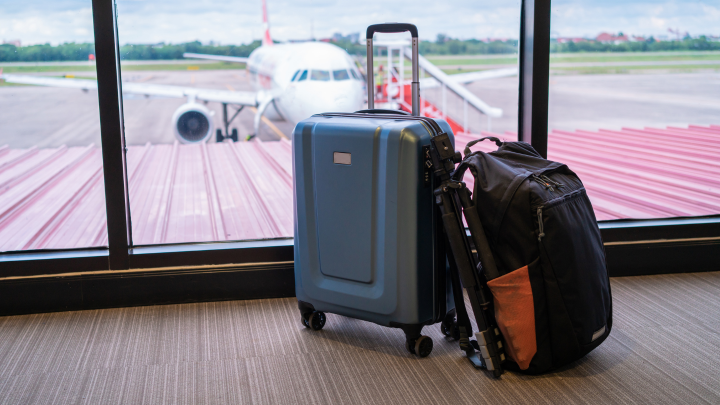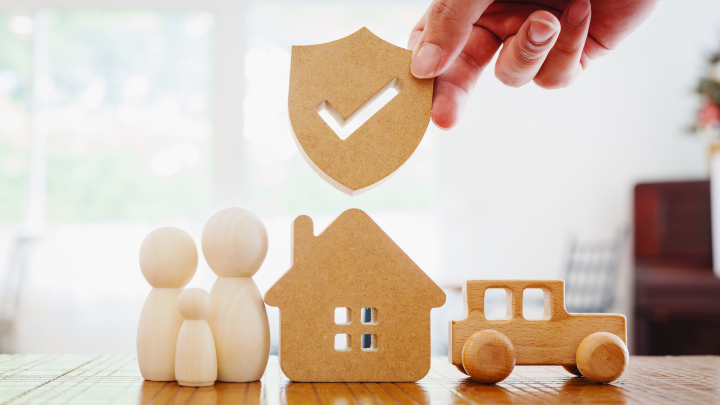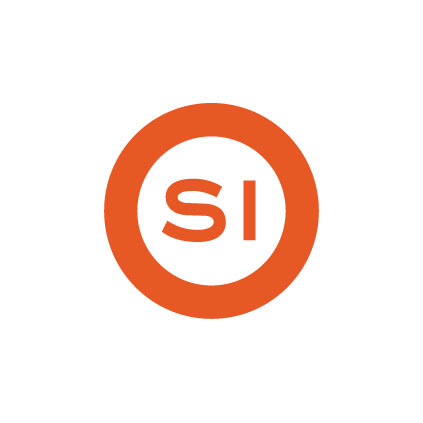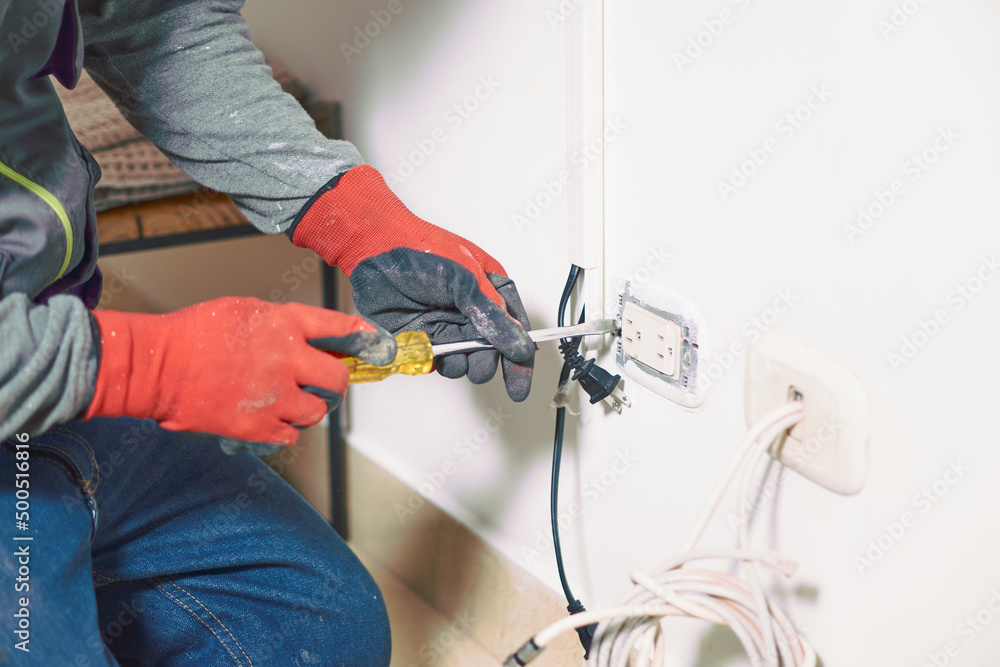
Disaster Planning for Seniors
The recent earthquake in December caused quite a stir, with many running out to buy emergency kits for the home. It was scary but thankfully not disastrous. However, it did highlight that preparedness is half the battle.
The likelihood that you and your family will recover from an emergency tomorrow often depends on the planning and preparation done today.
This is especially true for older adults, as they are likely not as mobile as they once were. While each person’s abilities and needs are unique, every individual can take steps to prepare for all kinds of emergencies. By evaluating your own personal needs and making an emergency plan that fits those needs, you and your loved ones can be better prepared.
There are common sense measures older Canadians can take to start preparing for emergencies before they happen.
Download this checklist: Disaster Planning for Seniors
Federal or Provincial Benefits
Seniors who receive federal or provincial benefits should consider receiving payments electronically. Keep in mind a disaster can disrupt mail service for days or even weeks. For those who depend on the mail for their Old Age Security benefits, a difficult situation can become worse if they are evacuated or lose their mail service. Switching to electronic payments is one simple way people can protect themselves financially before disaster strikes. It also eliminates the risk of stolen cheques.
Here are two safer ways to get federal or provincial benefits:
Direct deposit to a chequing or savings account is the best option for people with bank accounts. Prepaid debit cards are designed as a safe and easy alternative to paper cheques for people who don’t have a bank account.
Signing up for direct deposit or a prepaid debit card is a simple but important step that can help protect your family’s access to funds in case the unthinkable were to happen.
If you or those close to you are still receiving Old Age Security or other benefits by cheque, please consider switching to one of these safer, easier options today.
Medication and Medical Supplies
→ Seniors should keep specialized items ready, including extra wheelchair batteries, oxygen, catheters, medication, food for service animals and any other items you might need. Keep a list of the type and model numbers of the medical devices you require. Be sure to make provisions for medications that require refrigeration. Make arrangements for any assistance to get to a shelter.
→ If you take medicine or use a medical treatment on a daily basis, be sure you have what you need to make it on your own for at least a week, longer if possible.
→ Keep written copies of your prescriptions, over-the-counter medications and orders for medical equipment, including dosage, treatment and allergy information, in your emergency kit. Also, consider keeping electronic copies of this information on a flash drive. This could be useful for others even if you don’t personally use a computer.
→ If you are able to obtain an emergency supply of prescription medications or consumable medical supplies, be sure to establish a plan for rotating your supply so it remains up to date.
→ If you can’t easily obtain emergency supplies, talk to your pharmacist or doctor about what else you can do to prepare.
→ If you are unable to obtain an emergency supply, be sure to always fill prescriptions on the first day you become eligible for a refill, rather than waiting until the day you run out.
→ If you undergo routine treatments administered by a clinic or hospital or if you receive regular services such as home health care, treatment or transportation, talk to your service providers about their emergency plans. Work with them to identify backup service providers and incorporate them into your personal support network.
→ Consider other personal needs such as eyeglasses, hearing aids and hearing aid batteries, wheelchair batteries and oxygen.
Emergency Documents
→ Include copies of important documents in your emergency supply kit. Important documents include family records, medical records, wills, deeds, Social Insurance numbers, charge and bank account information and tax records.
→ Keep a list of the style and serial number of medical devices or other life-sustaining devices. Include operating information and instructions.
→ Include the names and contact information of your support network, as well as your medical providers.
→ If you have a communication disability, make sure your emergency information notes the best way to communicate with you.
→ Keep these documents in a waterproof container for quick and easy access. Make sure that a friend or family member has copies of these documents as well.
→ Create a network of neighbours, relatives, friends and co-workers to aid you in an emergency. Discuss your needs and make sure everyone knows how to operate necessary equipment. If appropriate, discuss your needs with your employer.
→ If you anticipate needing assistance during a disaster, talk to family, friends and others who will be part of your personal support network.
→ Write down and share each aspect of your emergency plan with everyone in your support network.
→ Make sure everyone knows how you plan to evacuate your home or workplace and where you will go in case of a disaster.
→ Make sure that someone in your local network has an extra key to your home and knows where you keep your emergency supplies.
→ Teach people in your network how to use any lifesaving equipment and how to administer medicine in case of an emergency.
→ Practice your plan with those who have agreed to be part of your network.
Check out of Resource Centre for other Disaster Planning tools.
POPULAR POSTS
-
 January 11, 2025Planning a Trip? Don’t Forget Travel Insurance
January 11, 2025Planning a Trip? Don’t Forget Travel Insurance -
 November 15, 2024Why High Net Worth Individuals Need Specialized Home Insurance
November 15, 2024Why High Net Worth Individuals Need Specialized Home Insurance -
 December 5, 2024How to Read and Understand Your Insurance Policy Like a Pro
December 5, 2024How to Read and Understand Your Insurance Policy Like a Pro -
 January 2, 2025New Year, New Coverage
January 2, 2025New Year, New Coverage



























